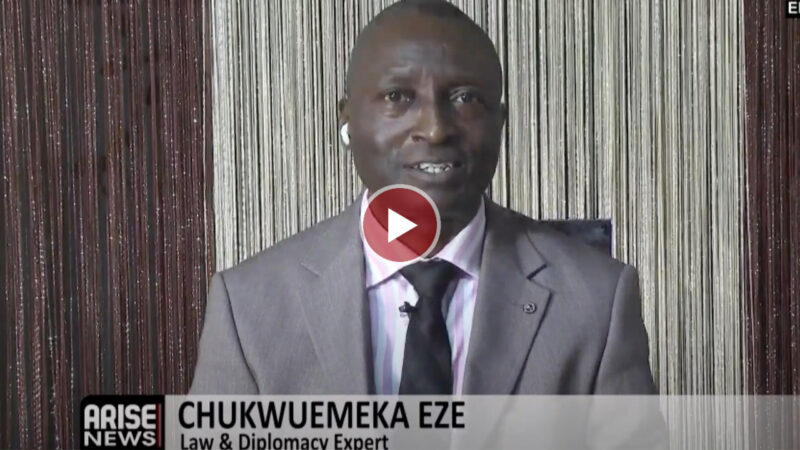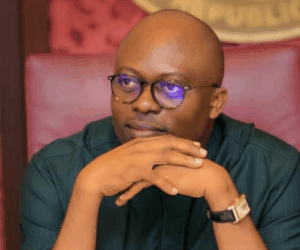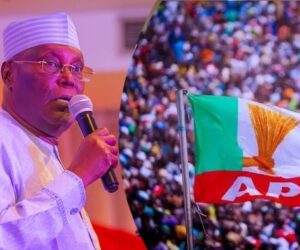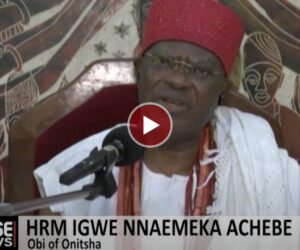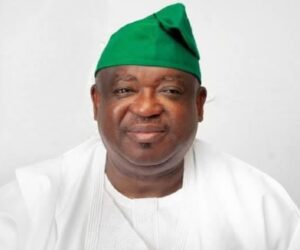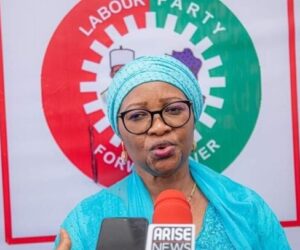
Law and Diplomacy expert, Chukwuemeka Eze, has called for a political summit in Nigeria to tackle electoral malpractices, vote buying, and voter manipulation, warning that the challenges will persist without meaningful reform.
“I think we are treating the political symptoms and not the root cause. We need politicians who need to sit down and talk and directly agree on a code of conduct on management of politics generally, elections specifically. I don’t want to take specific incidents because the problem is holistic and foundational,” he said.
Speaking during an interview on ARISE News on Monday, Eze emphasised that the absence of clear rules and accountability had worsened the situation.
“Where there is no rule as to the maximum sum a person can spend in an election, there is no electoral offenses tribunal, people can take ballot boxes, allegations will be made, no accountability. I mean, definitely this thing will continue until there is a political summit and the outcome of that summit is reduced into a legislation acceptable by all parties,” he said.
He cautioned that Nigeria’s “winner-takes-all” political culture continued to fuel desperation and misconduct during elections.
“As long as we adopt this winner-takes-all attitude, the loser or the person who perceives himself that he will lose will do everything possible to ensure that he doesn’t lose. More so, considering the amount of money spent on elections, hundreds of millions of Naira, billions of Naira, some people sell all their properties and when they get involved, the society looks down on them. There should be a fallback position where losers will have something to clutch to in time,” he explained.
Eze contrasted Nigeria’s political landscape with other countries where strong institutions and corporate systems provide relevance and roles for those who lose elections.
“Yes, in those other parts of the world where winner-takes-all are allowed, we have strong institutions to protect the loser. We also have strong corporate organizations. You can see a former governor going back to teaching a classroom.
You can see a former governor in Nigeria going back to the classroom to take up teaching. He may not be the dean, and the dean of the faculty will be directing him. But we don’t have the same or similar labor practices, institutional framework, capacity building and all that we have in those countries,” he said.
On reports from Canada describing Nigerian political parties as terrorist organisations, Eze linked the development to global shifts in the interpretation of terrorism.
“Because of the impact of terrorism in the whole world, the world has come to adopt, especially western countries and all modern democracies, to have liberal interpretation of terrorism. The previous decision, I mean interpretation whereby you need to bomb people and do all manner of things on a very large scale has been brought to a close, such that with the impact of certain political parties in the western world being anti-immigration. So, even the ruling parties that were very liberal to immigration, they are beginning to accept the interpretation, the expansion, the extrapolation of the meaning of terrorism.”
He noted that Nigeria’s position on the global terrorism index further affected its international standing.
“Nigeria is the sixth in the global terrorism index. So, it’s not a very enviable position to be in, number six,” he said.
Eze clarified that the Canadian federal court’s description of the APC and PDP as terrorist organisations was context-specific.
“So, take it back to Canada, what was happening in Canada… where the two PDP and APC have been described as terrorist organisations. So, it is, I think for that purpose, the federal court of Canada used it contextually, in that context for immigration purposes. Although it can be expanded in future, and this is not the first time similar Nigerians will go to wash our dirty linen in the public,” he said.
He concluded with a warning to Nigerians seeking asylum abroad, urging them to respect international legal obligations.
“So, beyond what they say, they should realize that under Article 2 of the Refugee Convention, they are bound to submit themselves to the national laws of the countries they have found themselves. And under Article 9, those countries can reject the applications based on their national security. And I think it was in the course of trying to reject that application, for sure not just to Article 9, but also to Section 53 of the Immigration and Refugee Protection Act of Canada, that the federal court of Canada said, no, this what the parties belong to engage in subversion, and this could be likened to terrorism.”
Faridah Abdulkadiri
Follow us on:

